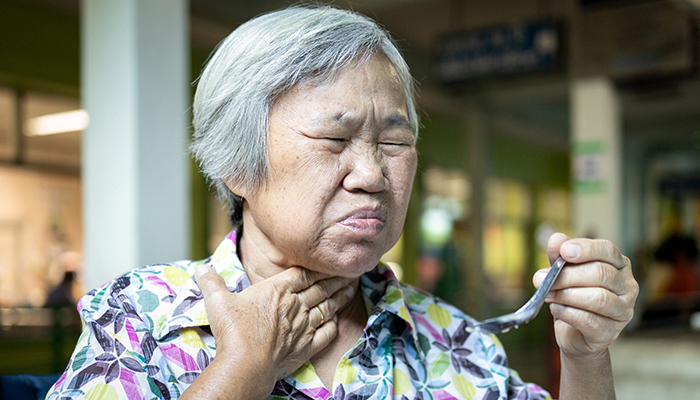
“When are we going out?” A reasonable question under normal circumstances. But if the person you care for has dementia, you may get this question multiple times in an hour. Aargh! Indeed, repetitive questions are one of the top irritants mentioned by family caregivers whose loved one has dementia. The repetitive questioning isn’t done intentionally,…










